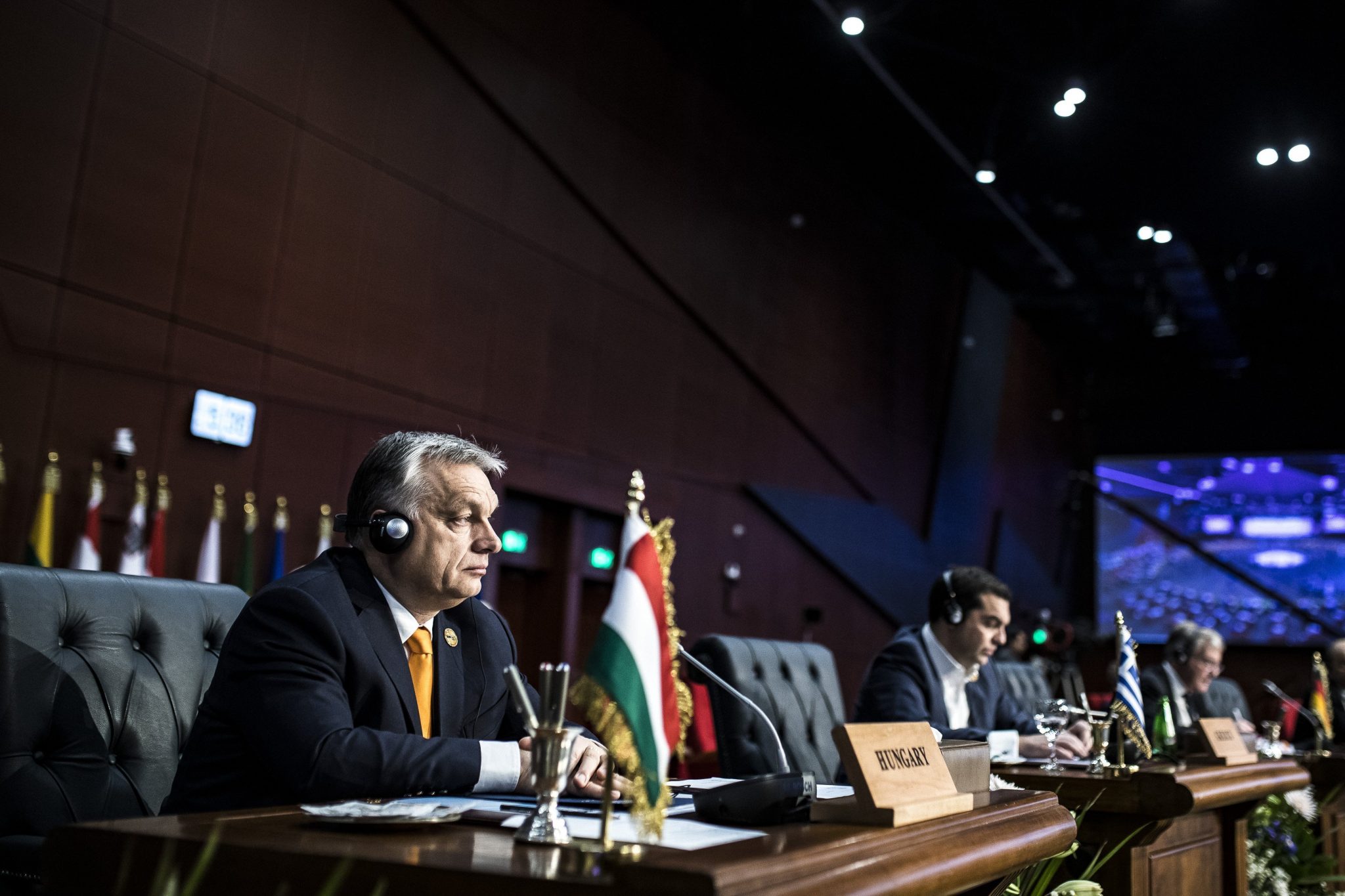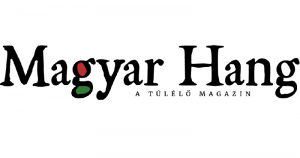
The government side just wanted to target another group of ‘different’ people, since migrants do not elicit strong emotions anymore, a former Foreign Minister argued.Continue reading

Opposition-leaning weeklies ponder whether the row between most European governments and Hungary’s leaders over sexual education might ultimately lead to Hungary leaving the European Union, while pro-government outlets praise the Hungarian government for defending traditional values.
Hungarian press roundup by budapost.eu

In Magyar Hang, Szabolcs Szerető expects ‘no serious backlash’ from the European Union after Hungary adopted a controversial law banning ‘the promotion and representation of paedophilia and homosexuality’ among minors (see BudaPost, July 2). Meanwhile, he describes the law as a ‘devilishly cunning’ move. In fact, he argues, it leaves the opposition with no other option than siding with LGBTQ people, a position that will certainly not be supported by the majority of the population. The Prime Minister, he continues, wants the opposition to raise the rainbow flag, while he himself will have the Hungarian national banner in his hand. Szerető wonders if the opposition will be able to avoid that trap.

In its customary weekly editorial, Magyar Narancs also doubts if the current clashes with EU leaders will result in Hungary leaving the European Union. The liberal editors depict Mr Orbán’s position within the Union as that of a lonely participant who has virtually no partners in the community. Nevertheless, he will never be expelled, they believe, and retribution will be confined to somewhat less money being transferred to Hungary. As for the Prime Minister himself, he will remain within the EU despite all his unpleasant experiences, because he can only lay claim to an international spotlight, as long as he remains on the European stage, Magyar Narancs suggests.

In Jelen, on the other hand, Tamás Fóti doesn’t totally exclude the possibility that the Prime Minister will ultimately lead Hungary out. Ten years ago, he writes, he would have found such a supposition absurd, but by now he believes it is at least reasonable to ask the question, whether Hungary will find herself outside the community. He admits that as a pragmatic politician, Mr Orbán knows that his Russian and Chinese partners will only find him interesting as long as he is inside the Union. Nevertheless, what is most important for him, according to the liberal commentator, is power itself, and ceaseless criticism coming from authoritative European leaders might erode his position of power.

Mandiner’s Laura Szalai sees the ongoing controversy between the Hungarian government and the European Union as a new chapter in the international culture wars. What she finds absolutely new is that such an ideological battle should reach football stadiums, with rainbow colours exhibited by the German authorities and multinational companies during the Euro 2020 football tournament in reaction to the Hungarian law, branded as homophobic. Szalai thinks Hungary should not accept the imposition of a compulsory line to follow, no matter how much the public sphere in politics has been monopolised by the opponents of the traditional values the Hungarian government represents. The conservative side in Hungary, she writes, simply protects the institution of the family against the kind of extremist gender ideology promoted by ‘global opinion managers’.

In his weekly Demokrata editorial, András Bencsik contrasts the Hungarian legislation on the sexual education of minors to a recent resolution adopted by the European Parliament which ‘under the pretext of sexual health’ declares that LGBTQ education should be made compulsory, and abortion should be considered as a universal right. Bencsik quotes a declaration by the Commission of the Bishops’ Conferences of the European Union, where Catholic leaders of the 27 member countries protest against the section of the report on abortion. While this debate is still ongoing, he writes, Hungary protects her children through legislation which defends the inalienable rights of parents to decide when and in what way their children should be introduced to sexuality. ‘The walls of Hungary’s fortress are still standing’ Bencsik concludes.
Featured photo illustration by Balázs Szecsődi/MTI/Prime Minister’s Press Office